K. M. Enright is the Sunday Times bestselling author of MISTRESS OF LIES and its sequel LORD OF RUIN. When not writing, he can be found playing too many video games, cooking, or listening to Broadway musicals.
I had the opportunity to interview K. M., which you can read below.
First of all, welcome to Geeks OUT! Could you tell us a little about yourself?
Of course, and thank you for having me! My name is Koren and I’m a gay, transgender man of Filipino descent writing queer SFF books. I am a fan of video games, Broadway musicals, and my eight-year-old black cat Zuko. (Yes, after Prince Zuko).
What can you tell us about The Age of Blood series? What was the inspiration for it?
The Age of Blood is a queer, gothic fantasy, with political intrigue, murder, and romance, that follows a blood mage spymaster as she recruits a noble bastard with a terrible gift to hunt down a magical serial killer for the vampiric Eternal King—all while planning to overthrow him.
As a character-driven writer, I always start with my main characters, and everything else comes after, building around them to support the themes I want to explore and the arcs that I want to follow. For this series, I wanted a female lead who had all the morally grey instincts and complicated choices that we laud in male characters, and pair her with a softer, good-hearted man, inverting the expected gender dynamics. I was also intrigued by David Tennant’s portrayal of Kilgrave in Netflix’s Jessica Jones. His ability to control people was fascinating, but I wanted to know what happens when you give that heinous ability to someone who is inherently good. How would they live with themselves, and what choices would they make?
As a writer, what drew you to the art of storytelling, especially speculative fiction?
I’ve always been obsessed with stories, and I’ve known that I wanted to be a writer ever since I realized that it was something a person could be. Speculative fiction—particularly fantasy and horror—have always called to me since they are excellent tools for dramatizing the human condition and the struggles that we experience as a society. The addition of speculative elements gives us the emotional distance to explore these themes critically while protecting our own fragile hearts, leaving room for discomfort and catharsis and rage and joy.
And, to be honest, it’s just plain fun.
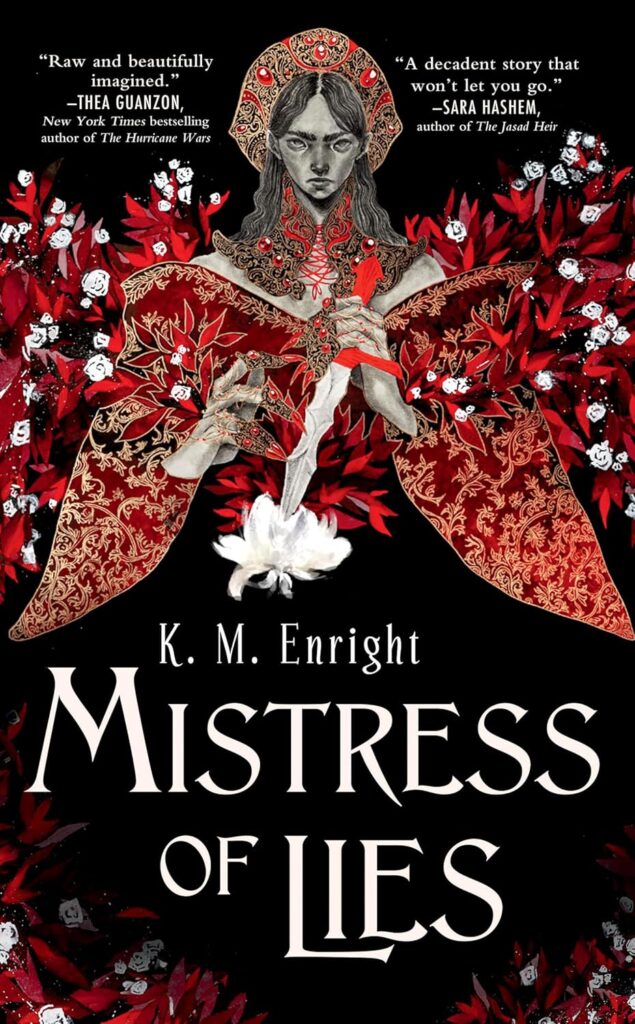
How would you describe your creative process?
If I had to describe my creative process in a word, it would be iterative. I am a meticulous planner, and I often do several complete outlines for my books before I even put a word on the page, refining each one as I get closer to the heart of the story. From there, I am very methodical, drafting the novel in chronological order, stopping as I need to to re-outline based on discoveries and changes that I make alone the way. For revisions, I am also highly organized—spreadsheets galore—as I write down all the edits I need to make, using that as a checklist to guide my revisions.
It is tedious, it is slow, and it works—but I wouldn’t wish my process on my worst enemy.
What are some of your favorite elements of writing? What do you consider some of the most frustrating and/or challenging?
For me, the best parts are the planning and the editing. It’s when I can really break the story down into its most base parts then build it back up again. It’s discovery and excitement and puzzle-solving. Drafting is actually the most difficult part, though that is largely due to my chronic health issues and the brain fog that comes with it.
As an author, who or what would you say are some of your greatest creative influences and/or sources of inspiration in general?
I grew up with the Black Jewels Trilogy, cut my teeth on Anne Rice’s Vampire Chronicles, and came of age with V. E. Schwab’s extensive catalogue. I found my way to romance via Sierra Simone, whose Thornchapel Series changed my life, and I fell in love with horror through the works of Lee Mandelo and Andrew Joseph White. My tastes and inspirations are vast, and I’m constantly looking for stories that pull me into richly inspired worlds with dark, gothic underbellies.
What advice might you have to give for aspiring writers out there?
First, read widely. Read outside your genre, read nonfiction, read things that surprise you. You can learn so much by taking a risk, and you just might find something you unexpectedly love. Second, find friends who are doing this same work—this industry is difficult, it has many systemic issues and flaws, but having a group of people you can trust when things get tough will save your life.
Are there any other projects you are working on and at liberty to speak about?
Unfortunately, I am currently in negotiations for my next project, so I can neither confirm nor deny anything. But I can promise that whatever comes next will be even more queer, sexy, and gothic.
Finally, what books/authors would you recommend to the readers of Geeks OUT?
2025 has been a banner year for queer SFF, and some of my favorite reads of the year (including upcoming titles) include:
- The Starving Saints by Caitlin Starling
- The Library at Hellebore by Cassandra Khaw
- You Weren’t Meant to Be Human by Andrew Joseph White
- The Maiden and the Monster by Maddie Martinez
- Savage Blooms by ST Gibson

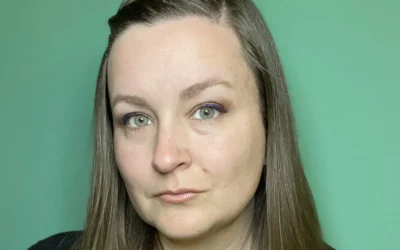
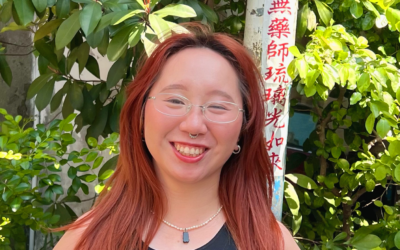

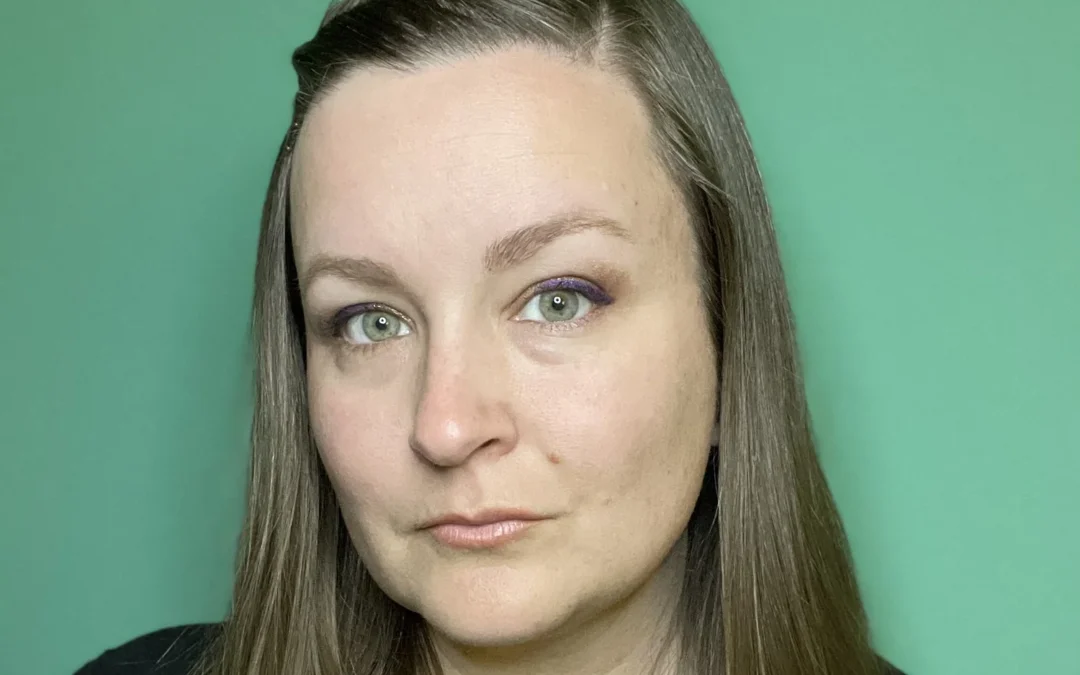
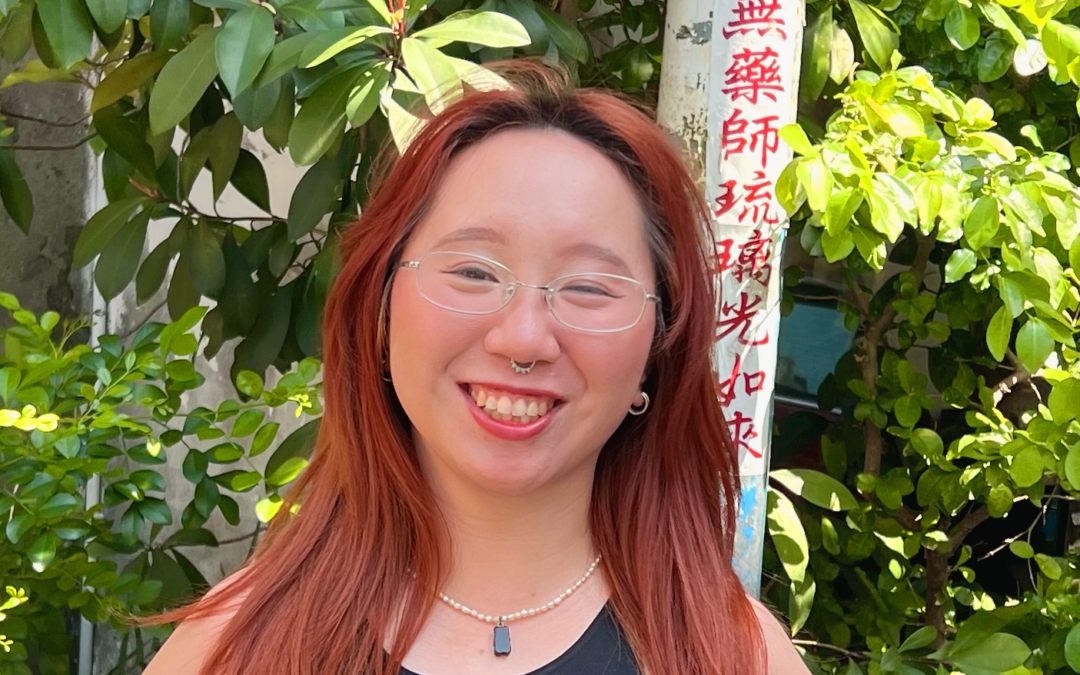
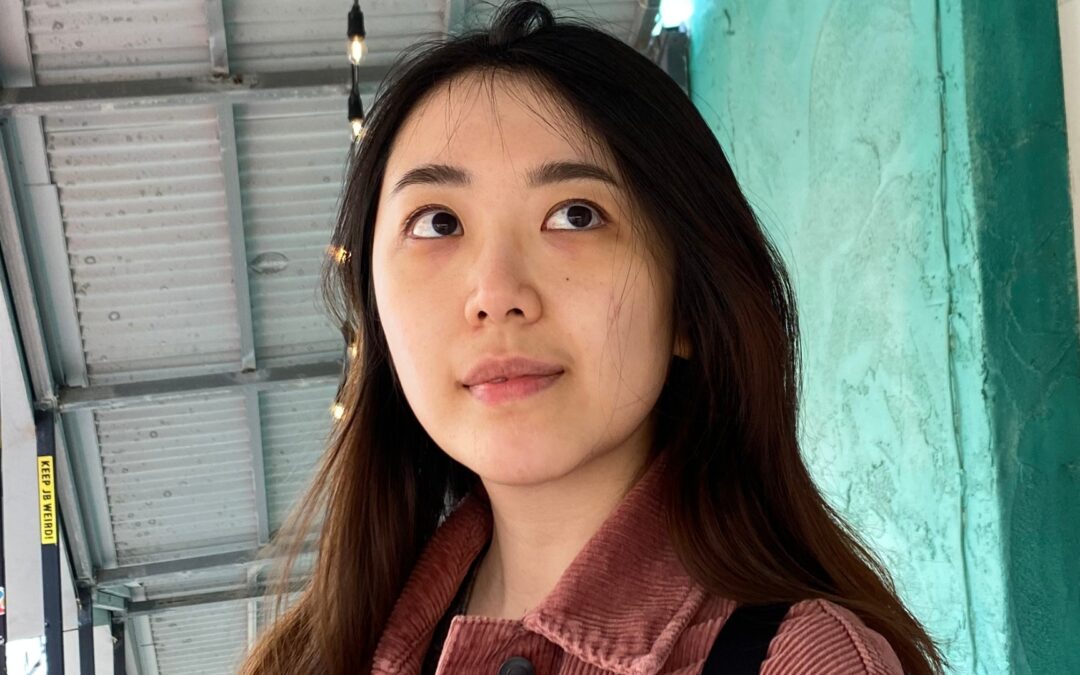
0 Comments